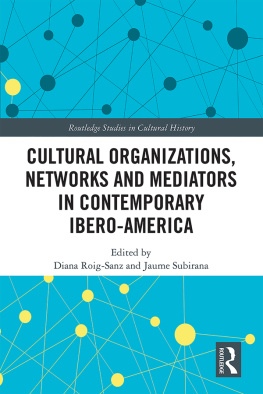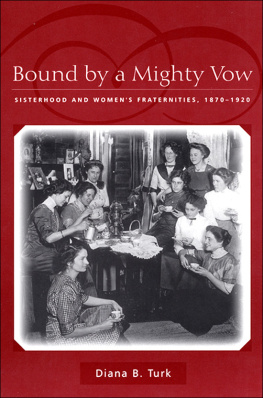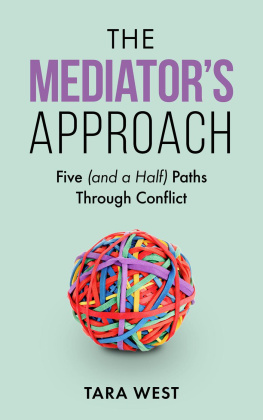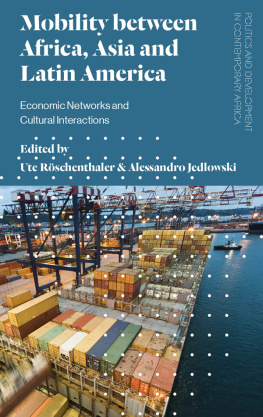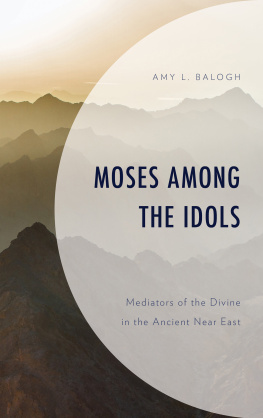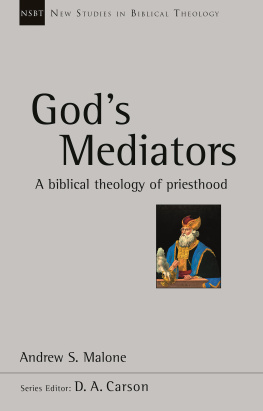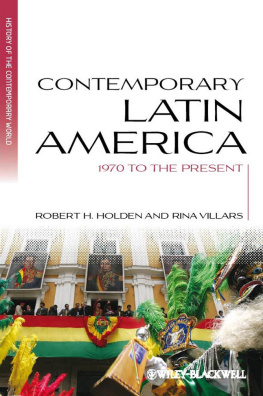Cultural Organizations, Networks and Mediators in Contemporary Ibero-America
This book proposes an innovative conceptual framework to explore cultural organizations at a multilateral level and cultural mediators as key figures in cultural and institutionalization processes. Specifically, it analyzes the role of Ibero-American mediators in the institutionalization of Hispanic and Lusophone cultures in the first half of the 20th century by means of two institutional networks: PEN (the non-governmental writers association) and the International Institute of Intellectual Cooperation (predecessor to UNESCO). Attempting to combine cultural and global history, sociology, and literary studies, the book uses an analytical focus on intercultural networks and cultural transfer to investigate the multiple activities and roles that these mediators and cultural organizations set in motion. Literature has traditionally studied major figures and important centers of cultural production, but other regions and localities also played a crucial role in the development of intellectual cooperation. This book reappraises the place of Ibero-America in international cultural relations and retrieves the lost history of key secondary actors. The book will appeal to scholars from international relations, global and cultural history, sociology, postcolonial studies, world and comparative literature, and new Hispanisms.
Diana Roig-Sanz is an ERC Starting Grant holder and a Ramn y Cajal senior research fellow at the Universitat Oberta de Catalunya.
Jaume Subirana is Associate Professor of Literature at Pompeu Fabra University.
Routledge Studies in Cultural History
Revolutionary Ukraine, 19172017
Historys Flashpoints and Todays Memory Wars
Myroslav Shkandrij
Post-Soviet Nostalgia
Confronting the Empires Legacies
Edited by Otto Boele, Boris Noordenbos and Ksenia Robbe
Musical Culture and the Spirit of Irish Nationalism, 18481972
Richard Parfitt
Who Was William Hickey?
A Crafted Life in Georgian England and Imperial India
James R. Farr
Print Culture and the Formation of the Anarchist Movement in Spain, 18901915
James Michael Yeoman
Reform, Revolution and Crisis in Europe
Landmarks in History, Memory and Thought
Edited by Bronwyn Winter and Cat Moir
Tattoo Histories
Transcultural Perspectives on the Narratives, Practices, and Representations of Tattooing
Edited by Sinah Theres Klo
Cultural Organizations, Networks and Mediators in Contemporary Ibero-America
Edited by Diana Roig-Sanz and Jaume Subirana
For more information about this series, please visit: www.routledge.com/Routledge-Studies-in-Cultural-History/book-series/SE0367
First published 2020
by Routledge
52 Vanderbilt Avenue, New York, NY 10017
and by Routledge
2 Park Square, Milton Park, Abingdon, Oxon, OX14 4RN
Routledge is an imprint of the Taylor & Francis Group, an informa business
2020 Taylor & Francis
The right of Diana Roig-Sanz and Jaume Subirana Ortn to be identified as the authors of the editorial material, and of the authors for their individual chapters, has been asserted in accordance with sections 77 and 78 of the Copyright, Designs and Patents Act 1988.
All rights reserved. No part of this book may be reprinted or reproduced or utilised in any form or by any electronic, mechanical, or other means, now known or hereafter invented, including photocopying and recording, or in any information storage or retrieval system, without permission in writing from the publishers.
Trademark notice: Product or corporate names may be trademarks or registered trademarks, and are used only for identification and explanation without intent to infringe.
Library of Congress Cataloging-in-Publication Data
A catalog record for this book has been requested
ISBN: 978-0-367-28050-5 (hbk)
ISBN: 978-0-429-29940-7 (ebk)
Typeset in Sabon
by Apex CoVantage, LLC
Contents
PART I
Politics of the Spirit
DIANA ROIG-SANZ AND JAUME SUBIRANA
CHRISTOPHE CHARLE
REINE MEYLAERTS
PART II
Cultural Organizations
MARTIN GRANDJEAN
SIMONA KRABEC
RACHEL POTTER
ALEJANDRA GIULIANI
GABRIELLA GAVAGNIN
PART III
Cultural Mediators
SLVIA COLL-VINENT
LAURIE-ANNE LAGET
JOAN SAFONT PLUMED
NGELA FERNANDES
LAURA FLICA AND VENTSISLAV IKOFF
MAURICIO ZABALGOITIA HERRERA
LETCIA PUMAR
Guide
Part I
Politics of the Spirit
1
Cultural Organizations, Networks and Mediators: An Introduction
Diana Roig-Sanz and Jaume Subirana
This collective volume sets the grounds for a new approach exploring cultural organizations at a multilateral level and cultural mediators as key figures in cultural and institutionalization processes. To do so, the book proposes an innovative conceptual and methodological understanding of the participation of these agents and agencies in international networks of culture that helped build modernity in contemporary time, specifically in the first half of the 20th century. Cultural Organizations, Networks and Mediators in Contemporary Ibero-America brings together microhistory and global history and addresses the importance of events, conferences, relations, and agents to capture local, national, regional, and continental connections as proposed today by global historians. Attempting to combine cultural and global history, sociology, and literary and transfer studies, the book stresses the need for an analytical focus on intercultural networks and cultural transfer and the transgression of fields through the overlap of actor roles and the multiple activities and multilateral programs that these mediators and cultural organizations set in motion.
The book addresses the fact that literature on aesthetic modernity tends to overlook Hispanic and Lusophone modernisms, as it keeps locating them on the peripheries and in doing so promotes temporal boundaries that mainly reflect an English-language bias. However, the interwar period saw an unprecedented increase of international cultural exchange driven by national and supranational bodies, and several cultural organizations, within an international scope, were founded to advance science, education, literature, religion, or arts (Vimr 2018). The international mobility of many Latin American mediators, who pioneered students exchange programs, were diplomats, traveled for professional commitments, political reasons, or exile and elicited greater international interest in the particular traits and local traditions of Latin American cultures and literatures (especially for indigenous cultures). In that respect, the book proposes a number of case studies that aim to analyze the role of Latin American, Spanish, Portuguese, and Catalan cultural mediators in the institutionalization of Hispanic and Lusophone cultures in the early 20th century by means of two institutional networks: PEN International (the non-governmental writers association) and its multiple national committees and the International Committee of Intellectual Cooperation and its executive branch, the Institute of Intellectual Cooperation (predecessor to UNESCO). In doing so, we provide an in-depth analysis of the crossings between these two major cultural organizations, which were also connected to associations and conferences such as the National Associations of Writers or the second American Conference of National Committees on Intellectual Cooperation that took place in La Havana in 1941. We seek to demonstrate that Hispanic and Lusophone cultural mediators not only took part in the international cultural arena but also played a crucial role in the multilingual and intercultural networks of the time. Thus, this book pursues two main goals: first to retrieve the lost history of Ibero-American cultural mediators in institutional and intercultural networks and reappraise their role and second to contribute to a promising field of study by providing inspiring case studies for further research on cultural organizations; the institutionalization of cultures and literatures; and cultural mediators and their complex relations and overlapping roles across historical periods, disciplines, and geographies (Roig-Sanz & Meylaerts 2018; Meylaerts, Gonne, Lobes & Roig-Sanz 2016; Subirana 2018).

